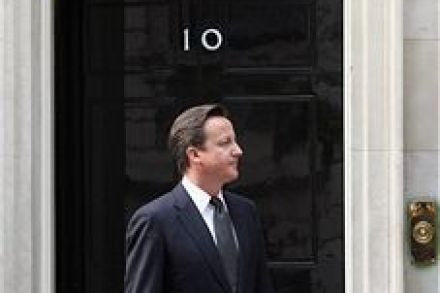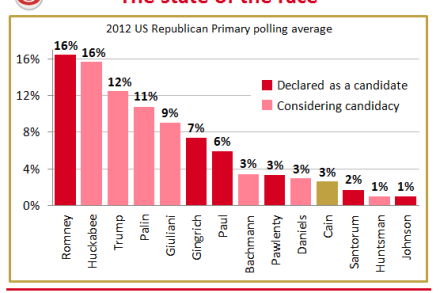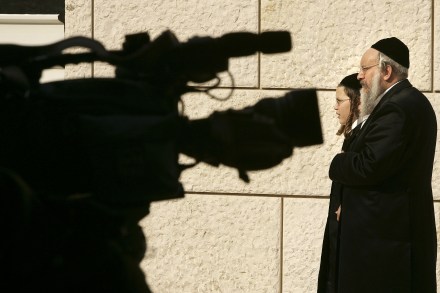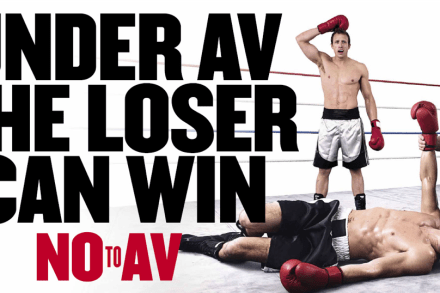The Huhne story takes another turn
The Chris Huhne story has moved along a fair bit today. It is now being openly reported that it was Huhne’s estranged wife Vicky Pryce who allegedly took the points, though Huhne repeated his denial of the whole story earlier today. The BBC is also saying. that Pryce was that evening at an LSE dinner. (The fact that the BBC is now actively reporting this story shows just how much it has moved into the mainstream.) If, and it is a fairly big if, Essex Police have retained a copy of the picture taken by the speed camera then this case should be resolved fairly easily. The time and the




















